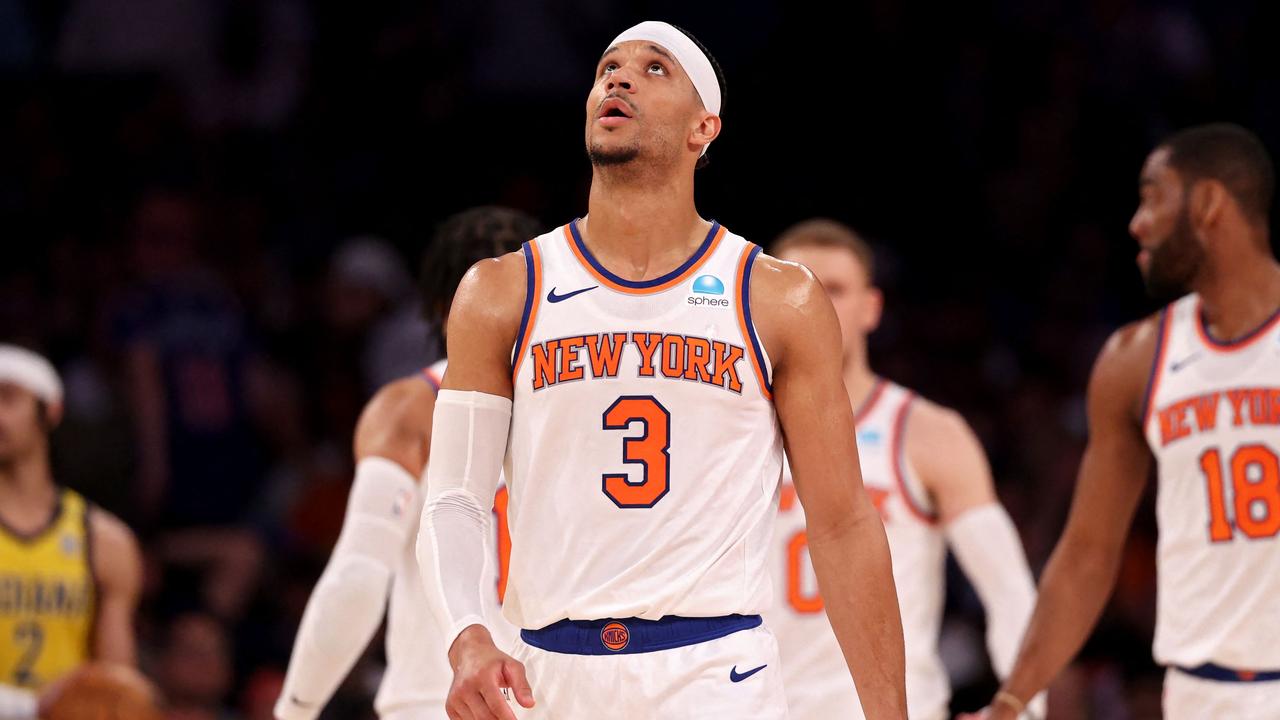Basketball
Knicks Win Again as Judge Rejects Facial Recognition Lawsuit

A case accusing Madison Square Garden Entertainment of illegally using biometric data collected from consumers to “systematically identify and remove any attorney” who might be associated with litigation against the company from entering MSG venues was dismissed Tuesday.
Judge Lewis Kaplan of the Southern District of New York reasoned the plaintiffs’ legal theory is “unpersuasive” because it fails to explain how MSG violated the language of the law.
At issue is New York City’s Biometric Identifier Information Code, which makes it illegal to “sell, lease, trade, share in exchange for anything of value or otherwise profit from the transaction of biometric identifier information.” The plaintiffs in Gross v. MSG purchased tickets to attend concerts at MSG. They claim the venue collected their biometric information and then used it as part of a “litigation deterrent policy” that entails “banning lawyers and their entire firms.”
According to the complaint, MSG has notified more than 90 New York City-area law firms engaged in litigation against the company that their attorneys aren’t welcome. MSG has described the policy as “straightforward” and applicable to firms pursuing “active litigation” until those litigations are resolved.
As a private facility, MSG can set the terms of entry as it sees fit so long as those terms comply with the law. Like some other sports and entertainment venues, MSG uses facial recognition technology. This technology can enhance arena security measures and facilitate authentication of ticket holders. The use of that technology has sparked debate about the appropriate balance between security and privacy at sporting events.
The plaintiffs assert MSG has gone too far. They insist the biometric policy unjustly confers an economic benefit since by supposedly deterring litigation, the policy reduces MSG’s litigation expenses. MSG also allegedly profits when it shares biometric data with a third-party vendor to assist in the banning.
Kaplan, whose name might be familiar due to his role as the judge in E. Jean Carroll v. Donald Trump, reasoned this argument is incompatible with both the language of NYC’s code and common sense.
The code, Kaplan explained, “does not prohibit companies from receiving any benefit, no matter how attenuated, from the sharing of biometric data.” The code instead forbids profiting from the transaction itself, which he said the plaintiffs do not allege in their most recent complaint. As Kaplan sees it, the biometric sharing at issue is “no different from any other tool” obtained by a venue when it pays a vendor. “To say that a company profits when it purchases a product or service defies common sense,” he wrote.
Kaplan also questioned how the plaintiffs interpret the word “profit” given that the code “explicitly permits the collection and sharing of biometric data for commercial purposes provided that the public is warned.” The judge stressed that the word “profit” is not synonymous with “benefit,” since companies presumably wouldn’t spend money on biometric data if any resulting benefit could be portrayed as an illegal profit.
While not as high-profile as the New York Knicks winning Game 1 in the Eastern Conference semifinals against the Indiana Pacers Monday, Tuesday’s ruling is nonetheless a victory for MSG and its chief executive, James Dolan. Dolan has vigorously defended the use of facial recognition technology as both reasonable and lawful.










